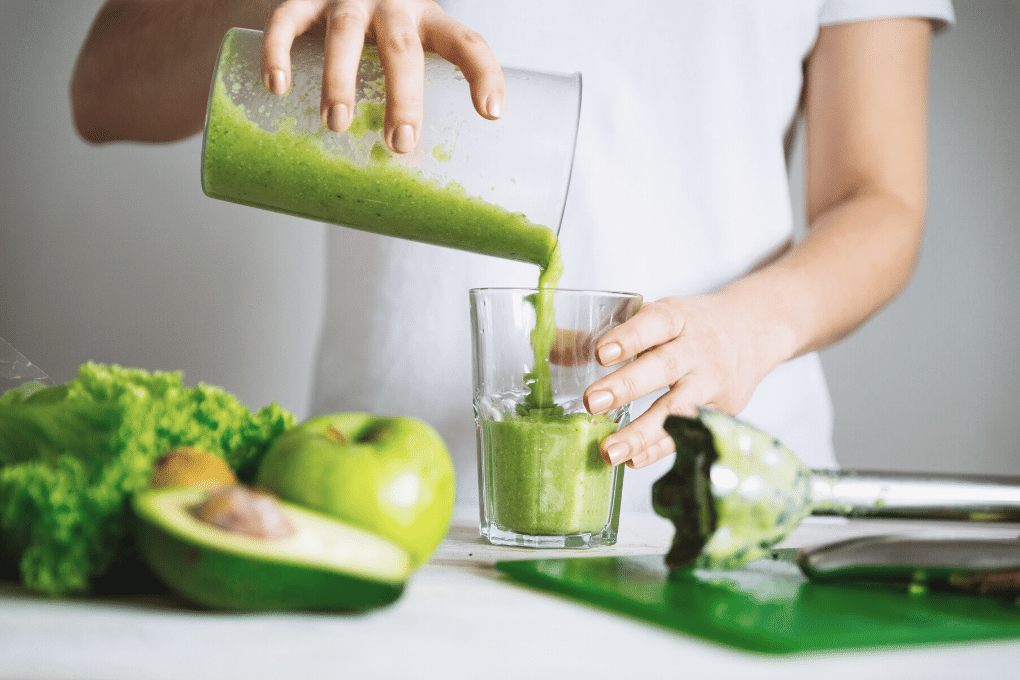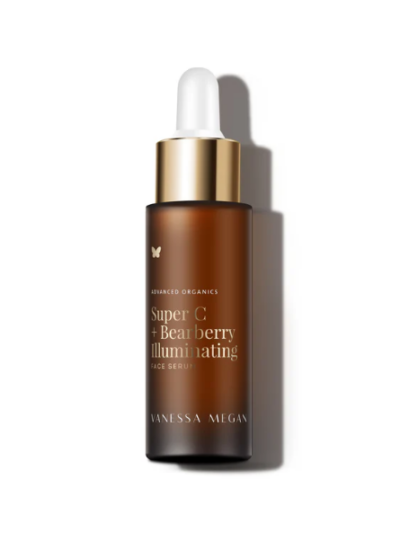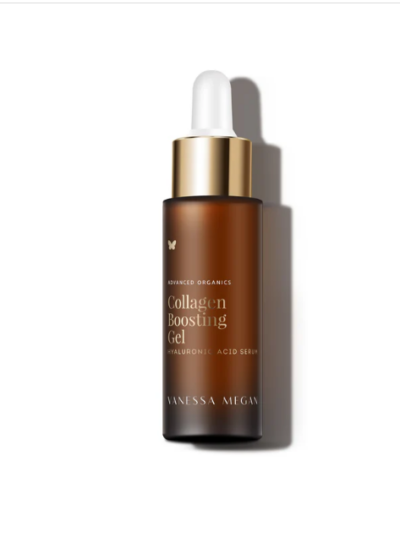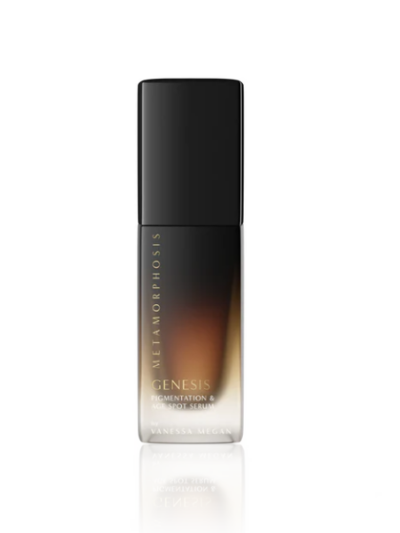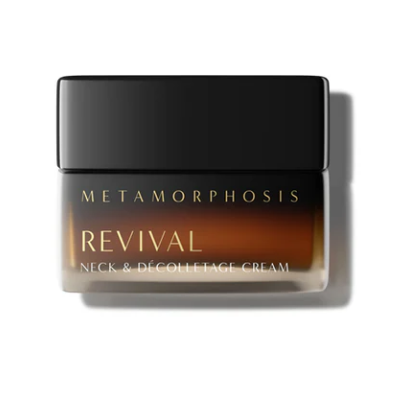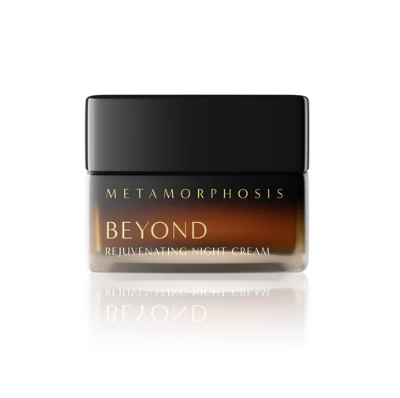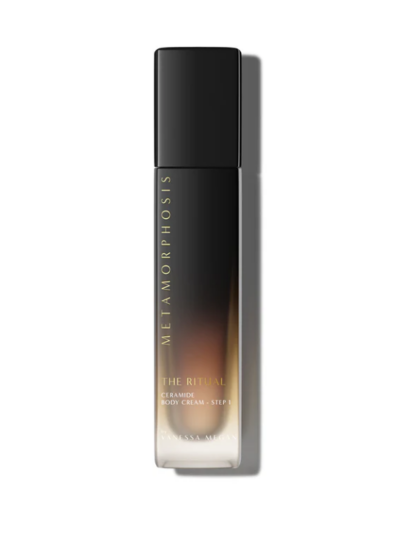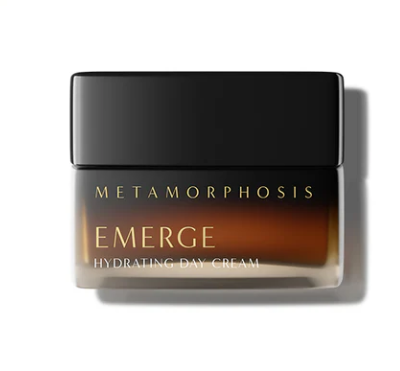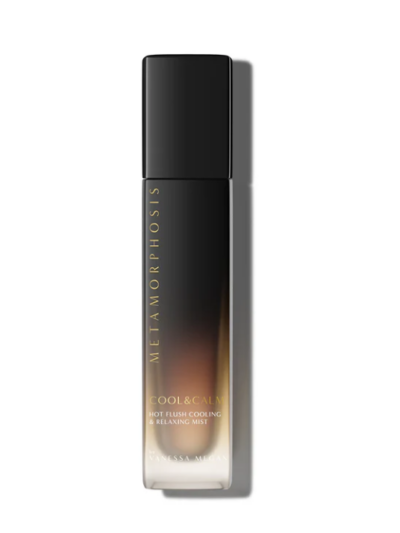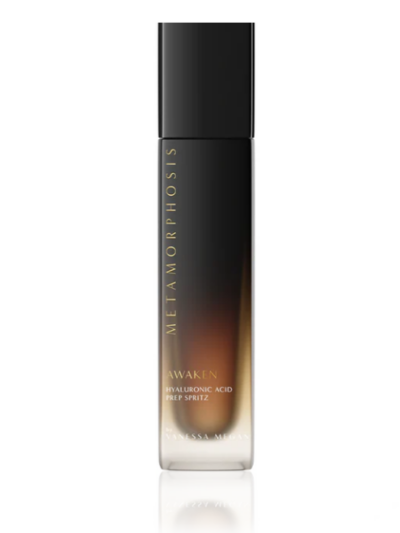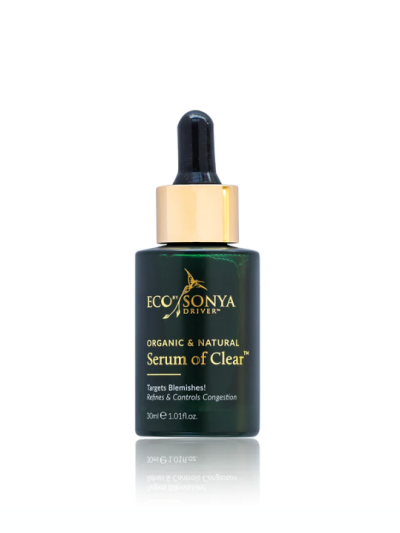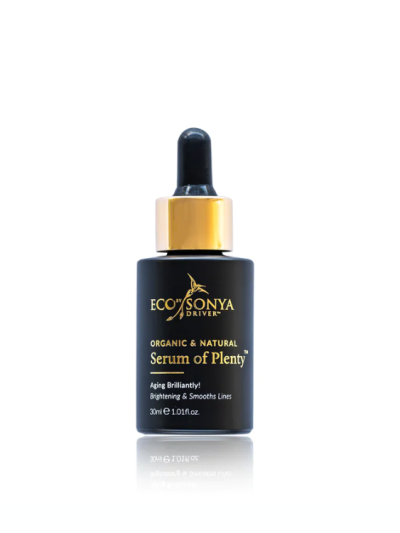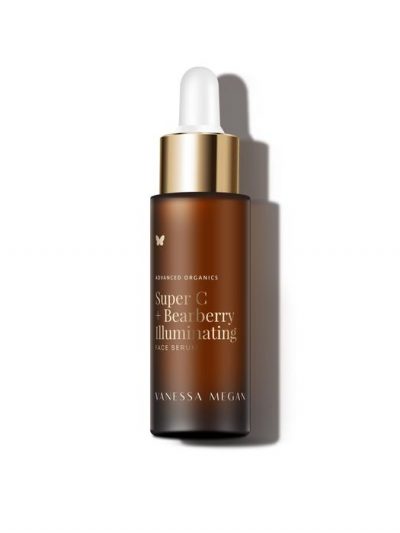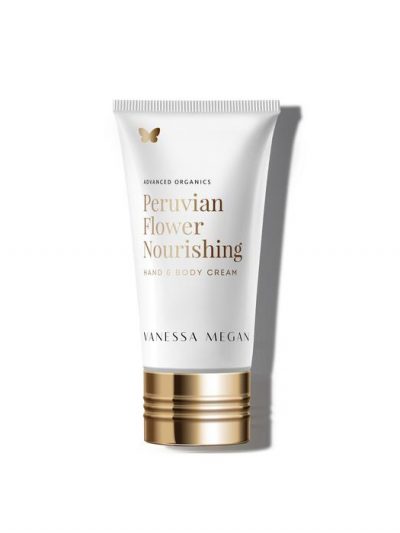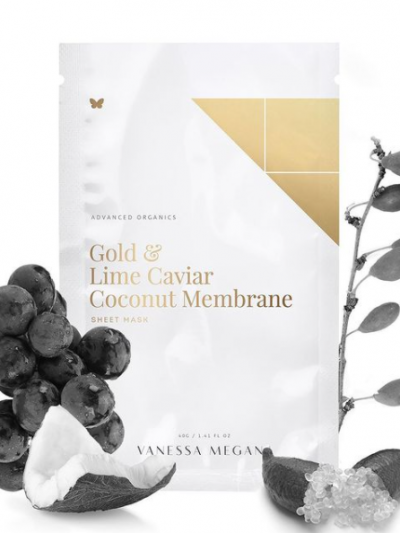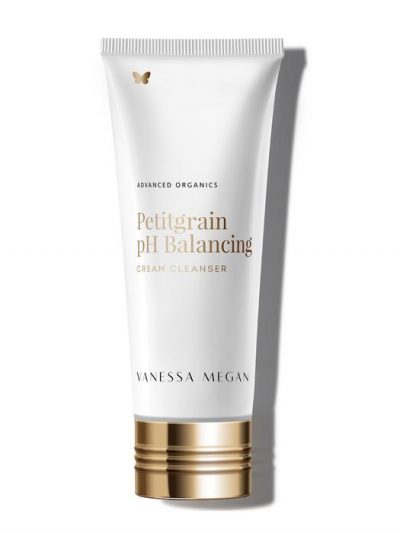Nutrition
What you should know before doing a liver detox
Spring has arrived in Australia and it’s the time of year when we all want to get back on track with our health goals after the winter months. This often means that people feel the need to do a liver detox or a detox diet of some sort. The question is, are these juice cleanses, restrictive diets, lemon apple cider vinegar drinks and expensive supplements worth the hype?
There is certainly a lot of mixed opinions and misleading information around detoxes, what they are, what they look like, and the results that can come from them. This blog will delve into the detoxification system, the important role it has to play in the body, and how to support the liver through dietary and lifestyle considerations.
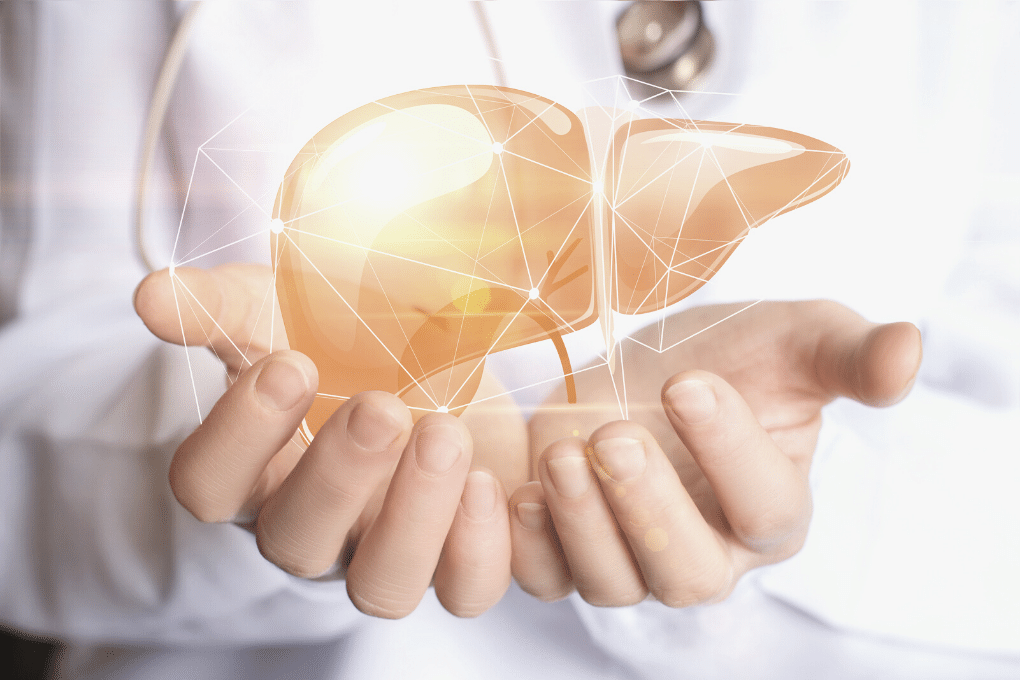
What organs make up the detoxification system?
The liver, kidneys, gastrointestinal tract, lungs, and skin are the 5 elimination pathways of the body, also known as the detoxifying organs. This blog will be focussing particularly on the liver, as this is what people like to focus on when doing a ‘detox’.
The liver has the critical role of filtering the blood and eliminating toxins and other unwanted substances from the body that have entered the bloodstream. The liver is also involved in the production of bile to digest fats, storing and converting glycogen to glucose for energy, and storing vitamins and minerals.
What does a practitioner liver detox program look like?
Unfortunately, none of the methods mentioned has much (if any) evidence to show that they are effective, and some may even have negative health impacts such as nutrient deficiencies, fatigue, and gut disturbances. In saying this, if these regimes are something you enjoy and you feel works for you, then these should be okay for the short term.
The best and most affordable way to support your liver (do a “liver detox”) is by eating a nourishing diet. This would involve eating a diet rich in certain plant-based foods, limiting or avoiding alcohol, reducing processed foods, and limiting environmental toxins.
A professional detoxification plan by a qualified health professional would look at all these areas. From this, we would make some diet and lifestyle modifications to reduce the overall toxin burden on the body. This program may also include specific herbs and nutrients to further help to support your detoxification pathways. These herbs may include milk thistle, dandelion, curcumin, and choline which you can find more information about in-store.
Methods to improve your liver health
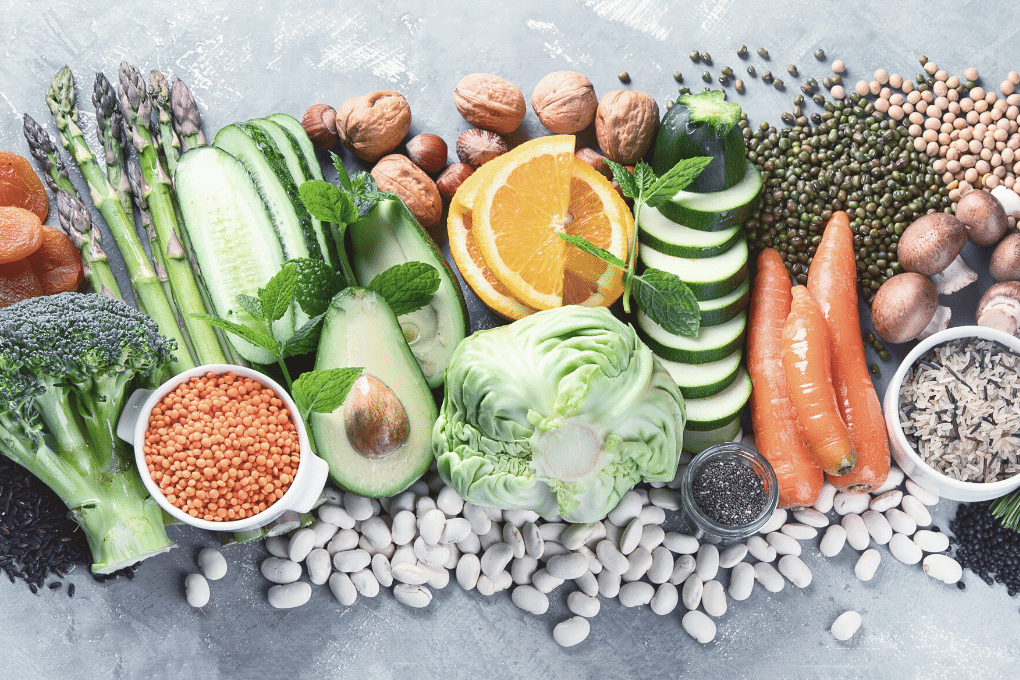
1. Eat an abundance of plant-based foods
Particularly leafy greens and cruciferous vegetables such as kale, spinach, rocket, cabbage, Asian greens, broccoli, cauliflower, and Brussel sprouts. These veggies are packed with B vitamins, choline and fibre which are all essential for supporting detoxification pathways and the liver and gastrointestinal tract. This will help to reduce the toxin load in the body and create a more efficient elimination pathway.
2. Limit or avoid alcohol
This is a big one if you’re doing a liver detox. Alcohol is seen as a toxin to the body and so consuming it puts pressure on our liver. This is because it needs to work even harder to remove the toxin as quickly as it can from the body.
Alcohol can also contribute to deficiencies in nutrients such as vitamin C and the B vitamin group. Both of these are important for optimal liver function and energy levels. Limiting or more preferably avoiding alcohol altogether, reduces this pressure on the liver, so it can work more efficiently.
3. Reduce processed, sugary, and fatty foods
A liver detox should aim to reduce processed, sugary, and fatty foods. This includes juices, high amounts of fruit, lollies, and chocolates as well as chips, processed meats, pastries, packaged bars and cereals. Fatty foods contain high amounts of saturated fats which can lead to non-alcoholic fatty liver disease (NAFLD). This is an increase of fat stores in the liver and affects around 22% of Australians, even children. We think this number is probably much higher though because many cases are unlikely to be accounted for.
Sugar puts an additional load on the liver, and this is why programs such as juice cleanses are not an effective ‘detox’ method. These programs may make the liver work extra hard. In addition to this, they generally contain minimal fibre which is essential for effective removal of waste through the colon.
4. Limit environmental toxins
This is probably the one that is often overlooked when doing a liver detox but is becoming increasingly recognised with the global movement to swap to natural products over chemical-based ones. To reduce environmental toxins, you can look into areas of your lifestyle and home and opt for natural alternatives. Have a look at your make-up brands, skincare, air fresheners, cleaning product and perfumes for synthetic ingredients such as phthalates which are endocrine-disrupting chemicals.
Another tip is to always choose organic or spray-free foods where possible to avoid the consumption of pesticides and herbicides.
Summary
There will always be those miracle liver detox programs and products that promise they will solve all your health concerns but this is not likely to be the case. Over the counter supplements are not tailored to your specific health concerns, so it is always important to seek advice from a health professional to get the best long term results. Looking at the areas discussed in this blog is a great way to start supporting your liver and maintaining overall health.
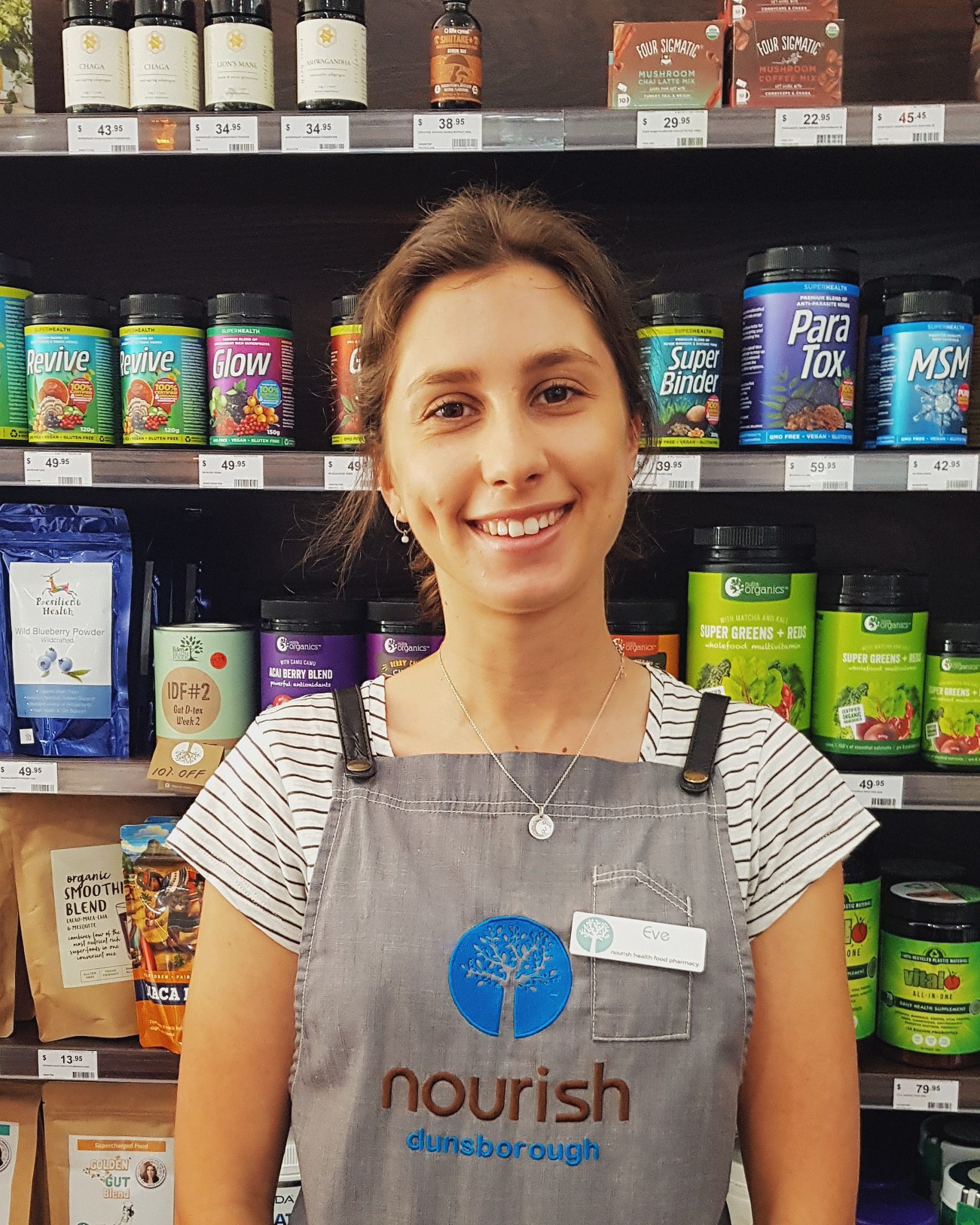
Eve
Nutritionist
This blog post was written by Eve Bishop, Nutritionist at Nourish Health



